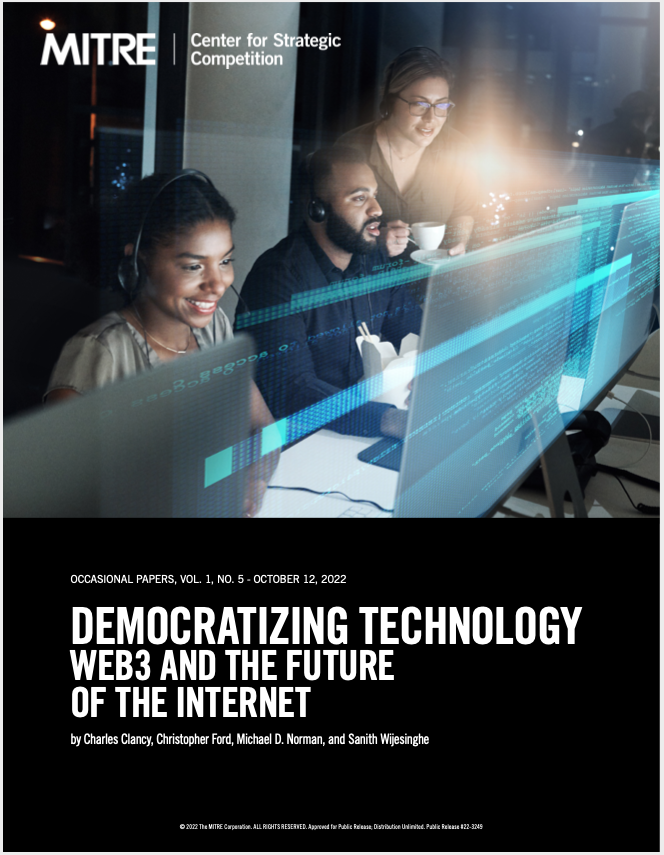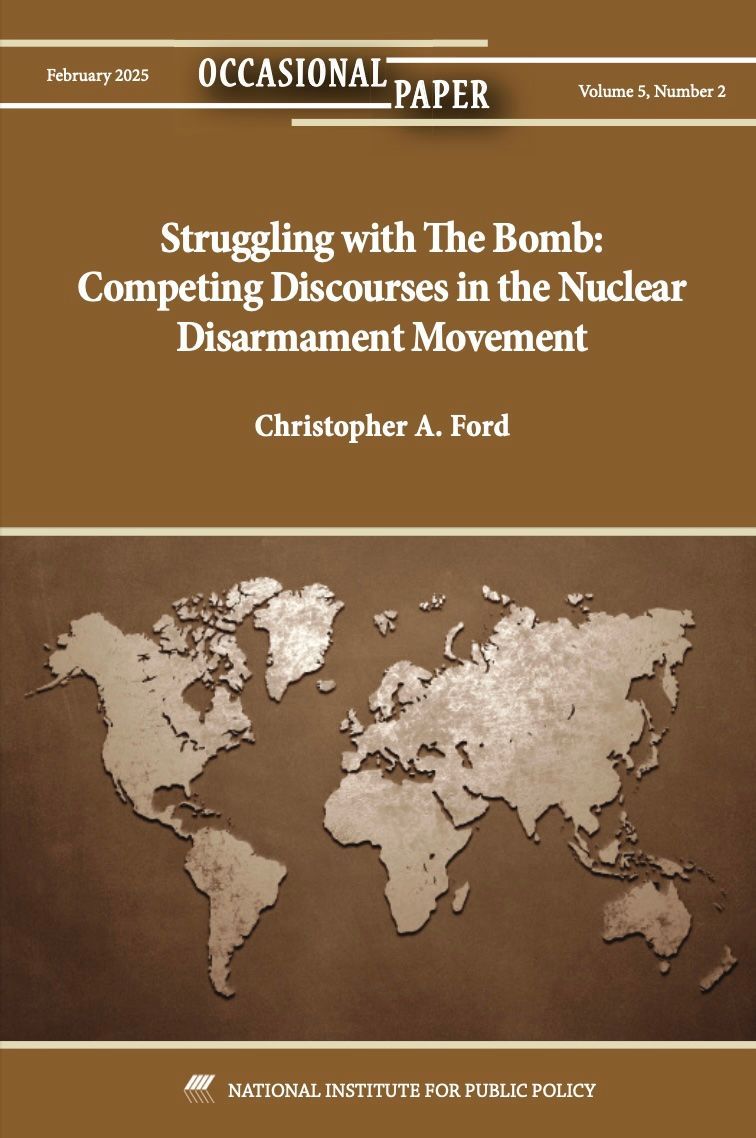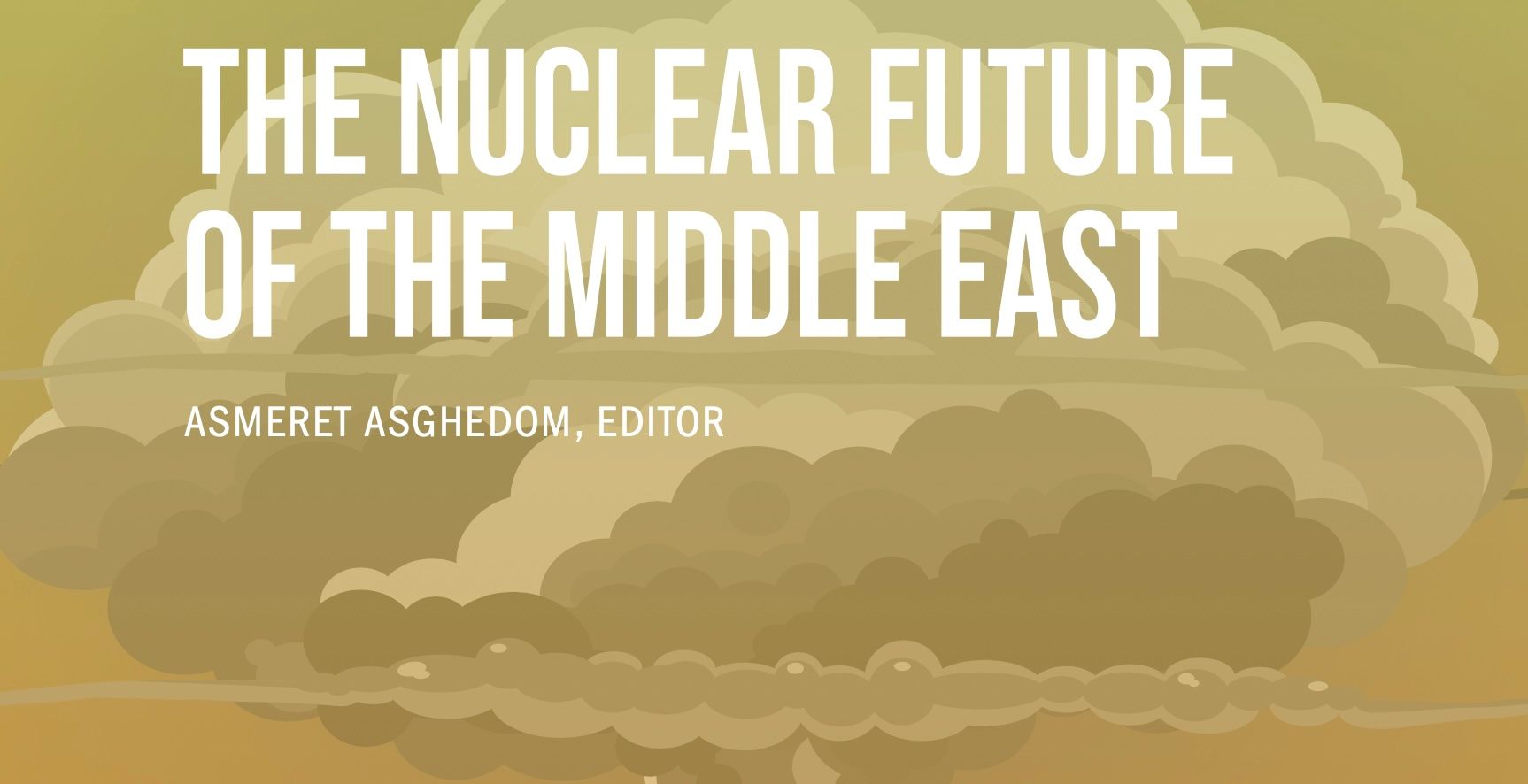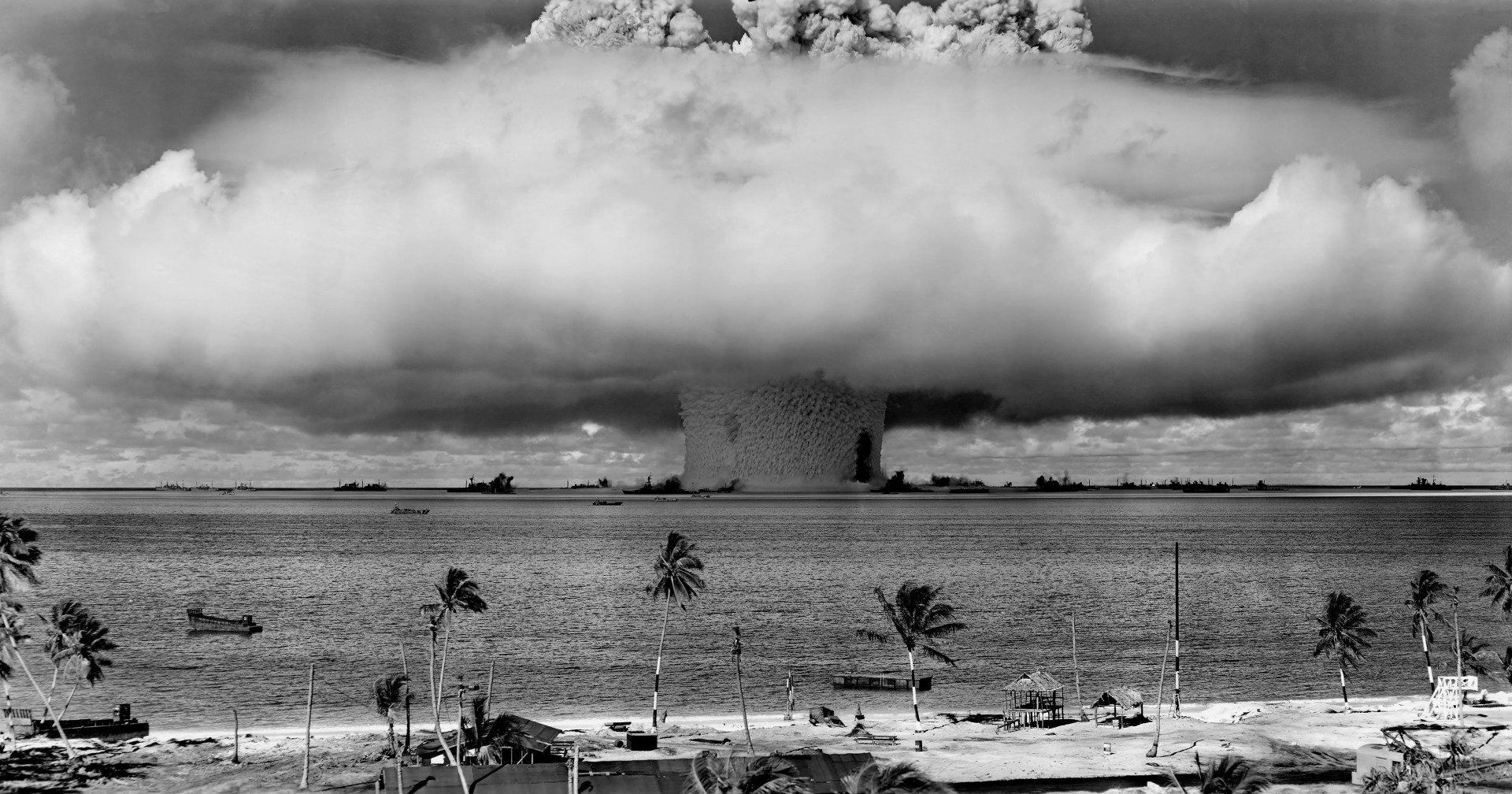The Hon. Christopher A. Ford
New Paradigms Forum -- International Security Policy Since 2009
Democratizing Technology: Web3 and the Future of the Internet
MITRE's Center for Strategic Competition published its fifth Occasional Paper on October 12, 2022: a discussion of how "Web3" technology might just represent a technological "offset" against current vertically-integrated, data-aggregating "Web2" architectures that favor commercial hyperscalers (in the West) and the repression of the Chinese surveillance state (in the East). Authored by Charles Clancy, Christopher Ford, Michael Norman, and Sanith Wijesinghe, this paper can be found here on the MITRE website or downloaded by using the button below.

From the Executive Summary:
“The architecture of today’s World Wide Web is, in many ways, an authoritarian one—built around a business model and technology stack that rewards vertical integration, massive aggregation of user data, and hyperscale centralized management. This architecture has provided benefits in terms of society-wide connectivity and scalable use cases, but comes at the cost of user privacy and autonomy, and domination of this crucial facet of modern life by a few enormous firms.
“Worse, this architecture facilitates surveillance not simply by profit-maximizing hyperscaler service providers, but also—in authoritarian regimes—by the repressive state entities to which such providers are answerable. China, for instance, is harnessing data to manage and control the lives of its people by requiring them to use software that defines a new precedent for forms of automated social control.
“The authoritarian cost of today’s web2 architecture developments call for a response, but it is not enough to denounce the impact of the web2 technology stack on human rights, privacy, and democratic norms. We also need a better answer: the establishment and advancement of alternative technological paradigms to protect the public interest by making authoritarian misuse difficult or impossible.
“Web3 technology can help provide an offset strategy to counter the rise of authoritarian and surveillance- facilitating regimes. This paper expands on previous MITRE publications discussing web3 by describing how earlier web-related technology stacks and economic modes have led to data centralization, and how much of this centralization within web2 can be unwound by web3; it also presents use cases where an alternative paradigm is already starting to take hold. Most visibly, this is already happening with decentralized finance and cryptocurrency, but web3 can decentralize any digital service.
“As new protocols are considered for web3, this paper offers the following specific policy recommendations that complement government, industry, and academic efforts to advance this technology and increase user adoption ....”



Copyright Dr. Christopher Ford All Rights Reserved





